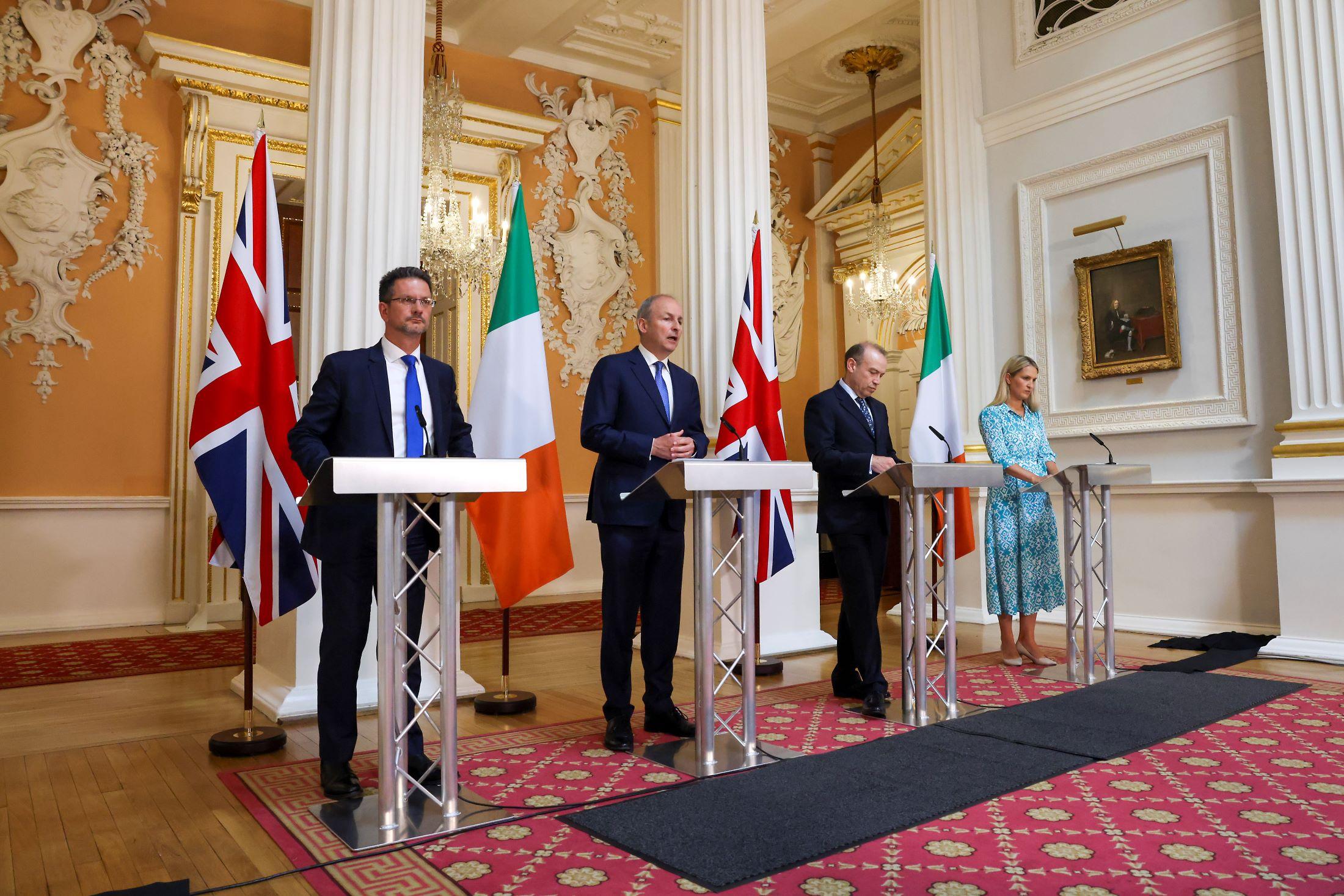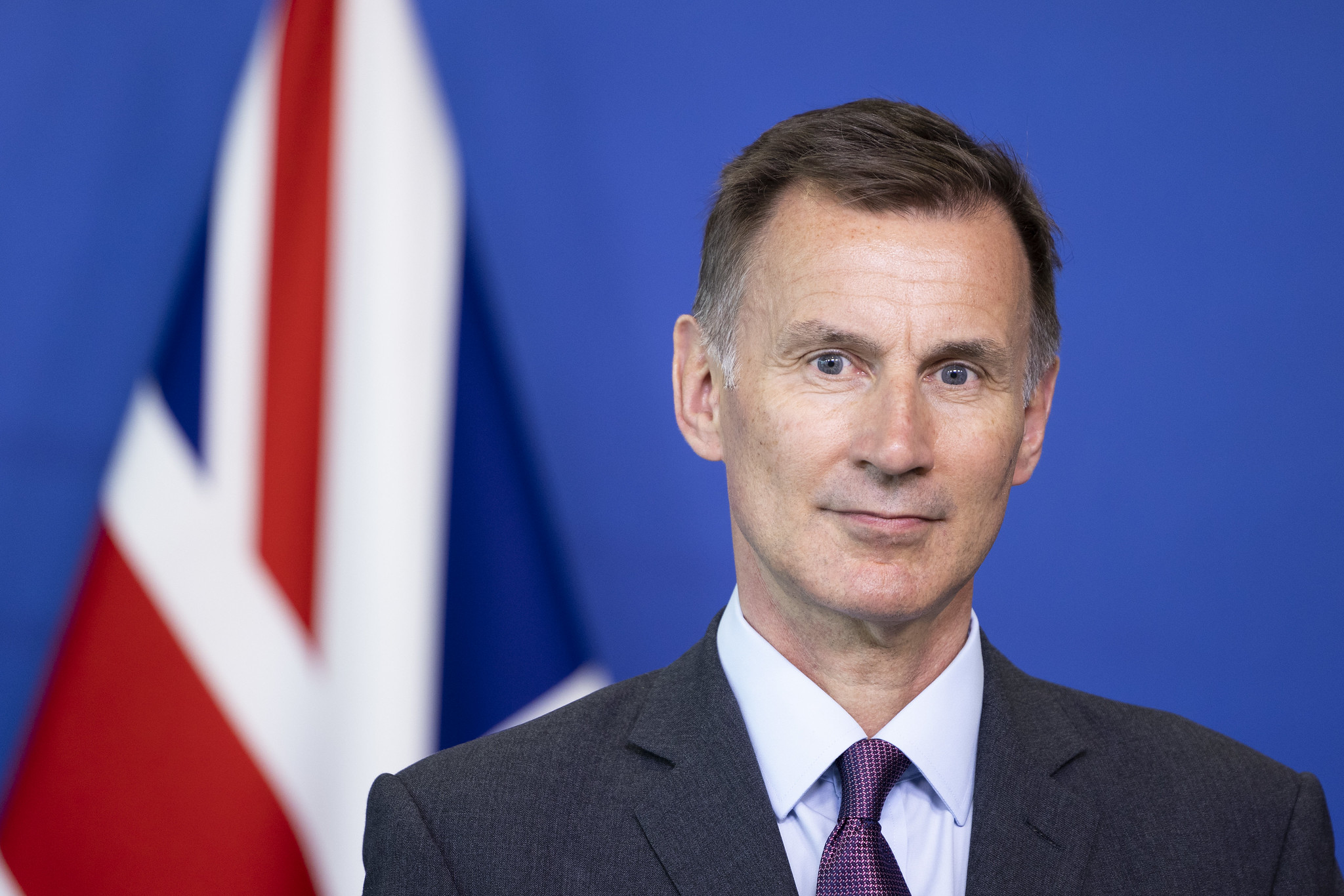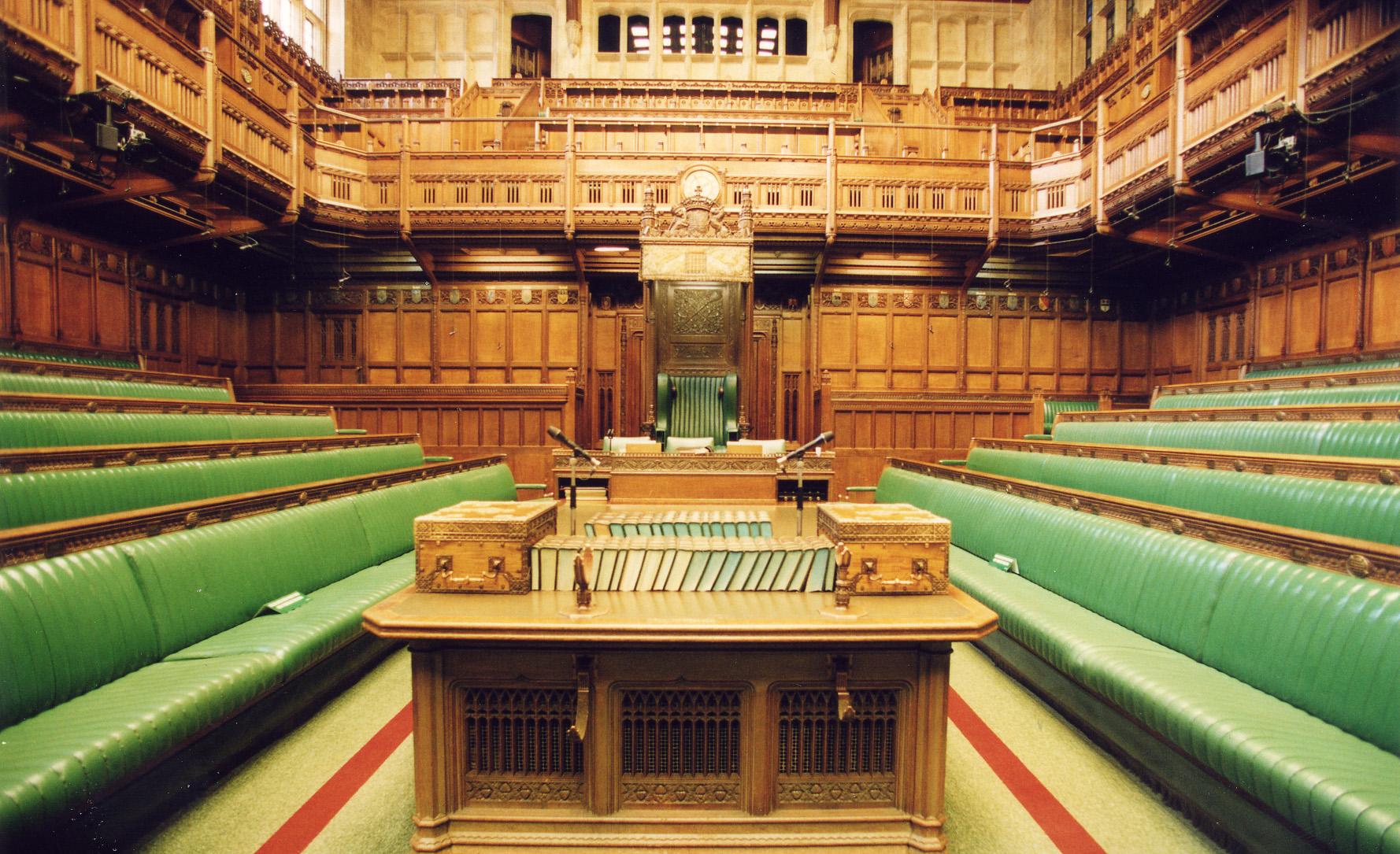Maintenance of the British Union is commonly seen in terms of powers handed down to constituent countries, rather than creating mechanisms to share power effectively. Politicians have derided such forms of devolution as European-style federalism, which Mark Corner argues overlooks the benefits of an inclusive model of governance.
At the onset of the pandemic in April 2020, the Welsh leader Mark Drakeford wrote to the UK government asking for a “regular rhythm” to meetings between the devolved nations and the Westminster government. Prime Minister Boris Johnson responded that working closely with first ministers could make the UK look like a “mini-EU of four nations” and explained that “That is not, in my view, how devolution is supposed to work.” The last thing that devolution was going to mean, so far as Johnson was concerned, was any kind of joint working.
Before Brexit, matters such as agriculture and fisheries had been devolved in theory but in practice decided in Brussels as part of the Common Agricultural Policy and Common Fisheries Policy. When these were repatriated after Brexit, there were different legal views among the UK and devolved governments about whether policymaking could be returned to the latter. One could understand why this would not be practical, given the complications of having four different agriculture and fisheries policies within the UK, but it could have meant drawing the devolved nations into a joint approach that hammered out a single policy. But joint working was and is precisely the approach at which Westminster governments draw the line. When powers were repatriated after Brexit, they were seized by Westminster, and measures like the Internal Market Act were forced through against the wishes of the devolved authorities.
Devolution as teamwork
How far does this reflect the approach to devolution from a Westminster perspective? It seems easier to think in terms of a hand-out to the Scots and Welsh (and Mancunians) who can then make their own mess, so to speak, if they want to, than to think of a group of powerful representatives from the UK’s different nations and regions coming together to arrive at a joint position.
UK governments are prepared to give power away but cannot handle the idea of sharing it. They are like the passive-aggressive introvert who is willing to delegate but baulks at teamwork.
When Labour leader Keir Starmer chooses to play with the Brexiteers’ “take back control” slogan to describe his Party’s proposals to give more power to both nations and regions inside the United Kingdom, it looks much like the same approach. UK governments are prepared to give power away but cannot handle the idea of sharing it. They are like the passive-aggressive introvert who is willing to delegate but baulks at teamwork.
Two examples show the implications of this absence of teamwork. One is rail transport and the implications of the HS2 project and the various modifications that it has been through. HS2 has been designated an England and Wales project, despite none of the infrastructure applying to Wales. Hence the calculation made by Cardiff University’s Wales Governance Centre that if the rail infrastructure had been devolved (as it is in Scotland), with the day-to-day running of the railways in Wales, the country would have received an extra half a billion pounds over the lifetime of the project, enough to finance some substantial projects within Wales itself.
It is clear that the Mayor of Greater Manchester, Andy Burnham, feels as neglected by the decisions over HS2 as does the Welsh government.
It might seem that the “solution” to this problem is obvious: devolve the infrastructure alongside the day-to-day running of the railways, and then Wales can “do its own thing” unhindered. But there is another approach which need not replace the first but could supplement it. Instead of sending each nation (and region) into its own autonomous area to devise the transport system of its choice, nations and regions could be brought together to establish a system that is integrated across the whole of Britain. It is clear that the Mayor of Greater Manchester, Andy Burnham, feels as neglected by the decisions over HS2 as does the Welsh government. A system of rail transport, which has to apply throughout Britain, could be determined more effectively by the nations and regions sitting round the same table to determine a joint approach. Too much like a mini-EU? So what?
The second example is that of health, where the reaction from central government to initiatives on the part of the devolved nations has been dismissive. When Wales decided to abolish car parking charges in hospitals in 2008, the Labour health minister at the time, Ben Bradshaw, responded that “we don’t think it makes sense to spend money that’s currently being spent on patient care – getting people treated faster and better – on subsidising car parks.” However, he went on, “if that’s what Scotland and Wales want to do, that’s one of the joys of devolution.”
Is this really what the “joys of devolution” are meant to be? Nowadays prescription charges, for example, remain in England but have been abolished in Wales (since 2007), Northern Ireland (since 2010) and Scotland (since 2011). Yet the introduction of prescription charges was important enough to prompt the resignation from the Attlee government of both the Welsh “founder” of the NHS, Nye Bevan, and the future Prime Minister Harold Wilson in 1951. Can a different system for England and the other nations ever be reconciled with the idea of a universal health service?
The point is that a welfare state whose remit runs to all parts of the UK should be managed jointly by those different parts. The argument is made by Michael Keating in his book State and Nation, State and Nation in the United Kingdom: The Fractured Union. Here Keating makes a strong case for recognising that joint administration of a common welfare state makes more sense of the way in which the UK has developed over the last hundred years than having various parts of the UK go off and develop welfare states of their own. Indeed, perhaps recent attempts to roll back the welfare state have weakened the strength of the ‘welfare unionist’ case. As Keating puts it: “nobody seems to have thought of using Universal Credit, for example, as an icon of national unity and citizenship.”
A system of sharing powers
In my own research I have tried to explore the potential of a sovereignty-sharing system to manage relations between nations, without trying to turn them into regions of some regional or even global superstate.
Powers shared might be muttered about as a “mini-EU” or a “federal” approach as opposed to the “Westminster” approach, but perhaps one should not get too bogged down in definitions.
In a recent work I tried to compare the structure of the European Union to that of the UK, as it seeks to manage its own Union at a time when many feel it is in danger of disintegration. The argument is that the problem of maintaining the Union can be seen too much in terms of powers to be given away or handed down, and too little in terms of mechanisms to share power effectively. Powers shared might be muttered about as a “mini-EU” or a “federal” approach as opposed to the “Westminster” approach, but perhaps one should not get too bogged down in definitions.
Much of what has happened in the UK (like the National Health Service) has been part of a common enterprise, which all the nations and regions helped to set up and wish to preserve. If that is the case, then finding a more inclusive way to manage the different parts of the UK jointly might be the most effective way forward.
All articles posted on this blog give the views of the author(s), and not the position of LSE British Politics and Policy, nor of the London School of Economics and Political Science.
Image: Prime Minister Rishi Sunak meets Mark Drakeford, First Minister of Wales for a meeting at the Port of Holyhead. Credit: Number 10, Creative Commons — Attribution-NonCommercial-NoDerivs 2.0 Generic — CC BY-NC-ND 2.0







